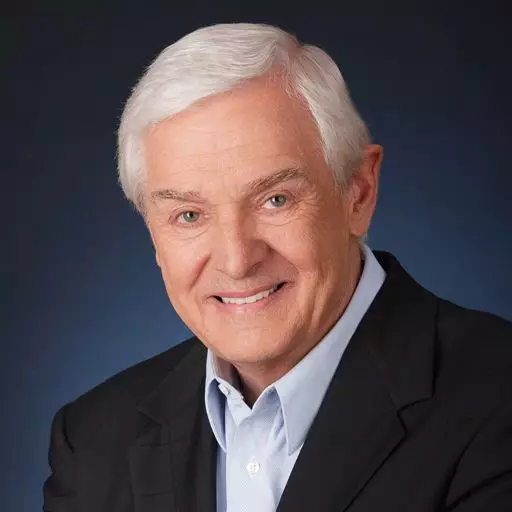Unlike some of you reading this article, I was around long before there were personal computers. That means I recall what some of the first personal computers were like—compared to the more powerful models now.
I’m not a computer genius by any means, but I think I have the following right: For many years, personal computers had only one processor. That means the earliest personal computers could do only one thing at a time. Eventually, the processors were able to handle more than one task at a time—multitasking, they called it. Still, if you were trying to do two tasks at once, both would be slowed down as the processor switched rapidly between the two tasks.
Today, it’s a different world. A college student can be typing up the notes from the video lecture he’s streaming online while listening to music while downloading a movie he plans to watch when the lecture is finished. In other words, there’s some serious multitasking power on today’s computers.
How is that possible? Because instead of having one slow brain, today’s computers have several fast brains that can handle tasks independently.
In the 1990s, computer multitasking made researchers begin to test the notion of human multitasking: Can humans do more than one thing at a time? Can they be trained to become more productive by learning to multitask? The answer was, Not really.
The problem? We have one brain that is completely connected by neurons. It doesn’t segment well at all.
While the brains God gave us are more powerful than any computer, we each only have one. And it works best when it is focused on one thing at a time.
If you’re a student of the Bible, you already know where I’m going with this: Matthew 6:24.
Spiritual Multitasking
First, let’s look carefully at Jesus’ words on this subject, then define them more closely: “No one can serve two masters; for either he will hate the one and love the other, or else he will be loyal to the one and despise the other. You cannot serve God and mammon” (Matthew 6:24).
In these challenging times, many people’s job situations have been turned upside down. Some jobs have been replaced by outsourcing or even robotic machinery. For some a lengthy period of employment has occurred they have resorted to taking two or three part-time jobs to piece together an income for their families.
I mention that kind of multitasking to remove it from consideration. Jesus is not talking about employees in this verse. Rather, He is talking about slavery. When He says, “No one can serve two masters,” the word for “serve” is douleuo, from which comes the familiar Greek word for “slave,” doulos. A doulos was a bondservant, a slave, not an employee. His allegiance is to one master.
Jesus’ listeners would have understood this with no problem. But what was Jesus’ point? As they eventually would grow to expect with Jesus, there was always a spiritual lesson in His culture-based stories. And in this case, the lesson was, “You cannot serve God and mammon.”
Jesus’ point was clear: You cannot be the slave of God and the slave of money at the same time.
It is unfortunate that, in many English translations, Jesus’ words in Matthew 6:24 are separated by a section header that separates this verse from what follows: Jesus’ words about not worrying about money!
Apparently, lots of people in Jesus’ day—and no doubt in ours—were making themselves a slave to worrying about money and sustained wealth instead of trusting God for His provision for their lives. And Jesus said we can’t be slaves of God and slaves of riches at the same time.
Spiritual “Monotasking”
Just as early computers were designed to do one thing at a time, God has designed us to do only one thing for all time—and that is to keep our heart, soul, mind, and strength focused on serving God alone.
Yes, we need food, money, and clothing for ourselves and our families. So how do we obtain what we need without becoming a slave to those needs in the process? Jesus had already told His audience, “Your Father knows the things you have need of before you ask Him” (Matthew 6:8). Seek Him, and His righteousness alone, and God will provide what we need.
When we adopt a “monotasking” lifestyle with our whole life devoted to God alone our steps will be following the Savior’s. Do you see a single, common word in those sentences? That’s it—Savior. We have only one task in life: be a faithful servant of our Savior, Jesus Christ, and His kingdom.
###
David Jeremiah is the founder and host of Turning Point for God, and serves as
Senior Pastor of Shadow Mountain Community Church in El Cajon, California.
For more information about Turning Point, go to www.DavidJeremiah.org.



